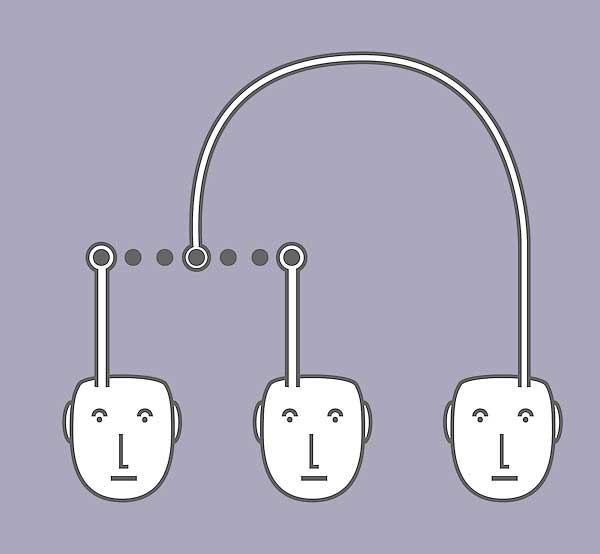
- The lawfulness of the recording: can a recording be relied on in court?
- Will the evidence advance the client’s case?
The issue of obtaining information in a clandestine fashion is not a new one for family law practitioners. It has long been the practice of those experiencing the fall-out from relationship breakdown to access confidential information belonging to their ex, typically in relation to their financial affairs. In this context the law in relation to the historic practices that grew up around the so-called Hildebrand rules have been clarified, most notably in Tchenguiz and others v Imerman [2010] EWCA Civ 908, [2011] 1 All ER 555. A more recent feature of family disputes, and an issue which judges and practitioners are having to grapple with on an increasingly frequent basis, is information obtained by way of covert recording.
This issue is not unique to the family law arena and is being encountered by judges in a variety









